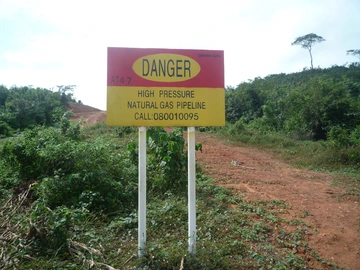Ghana’s Developing Petroleum Sector – Examining Two Sides of the Same Coin
November 21, 2016.
Development efforts reached a turning point when oil and gas offshores were discovered on Ghana’s west coast in 2007. In the words of President Mahama, petroleum is the ‘game changer’ for Ghana, which has faced several power crises in the past. Energy self-sufficiency is helping Ghana to become an upper middle income country.
Taking lessons from the global debate on the ‘resource curse’, the government introduced the Petroleum Revenue Management Act in 2011. Scholars and practitioners praise this legislation as unique because it includes the establishment of two funds in order to alleviate shortfalls in revenues and to provide future generations with proceeds following the depletion of the oil reserves. Priority Areas have been identified for the coordination of development efforts and the transparency of the distribution of revenues. In addition, a Public Interest Accountability Committee was formed to monitor government compliance with the Petroleum Act.
Legal precautions, however, could not fully prevent the new industries from having negative impacts on the local communities near the offshore oil rigs. The construction of the Ghana Gas Pipeline involved dispossessing around 1,800 farmers and land owners in 72 communities of the Western Region.
A survey revealed critical views on the national success story. More than 150 respondents reported that the authorities had taken their crops, which were ready to harvest, without prior consent. In a number of cases, farmers were absent when their crops were evaluated for compensation. They found their crops destroyed when they returned to their farms and missed the harvest which they needed to feed their families. One third of the farmers criticized the fact that the volume and age of their crops were only roughly estimated and not computed via remote sensing techniques. One third of the dispossessed farmers still await compensation payments.
Research findings provide a more differentiated and multi-scalar perspective on how public authorities are handling the governance of petroleum resources. Even though Ghana has been successful in evading the ‘resource curse’ at the national scale, it is doubtful whether oil has also changed the game in favor of the local communities which live around the gas fields and are part of the extraction project. So far, they have not gained benefits but have borne certain costs as a result of the project.
<link fileadmin webfiles zef_news no_34 zefnews_34.pdf download file>This article was published in ZEFNews 34



